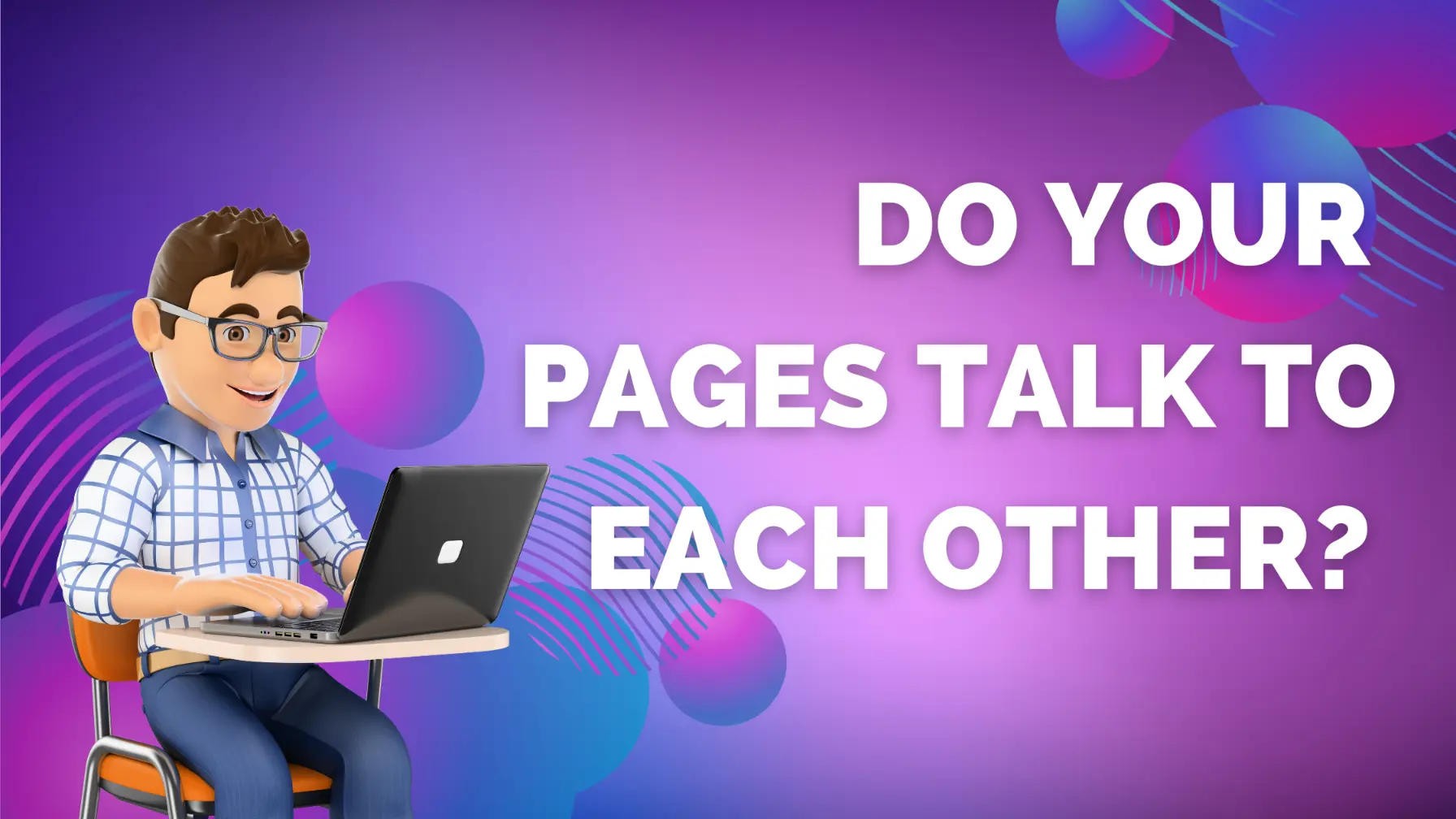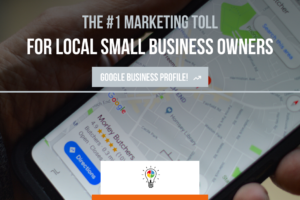
Do Your Pages Talk to Each Other? Why Internal Linking Is Critical to SEO
Most people know that using certain keywords in your content will help to boost your site’s SEO. These keywords will attract people who are searching for these terms. What’s lesser known, but equally important, is the use of internal linking and its SEO benefits.
What Are Internal Links?
Internal links are links within your website that connect pages to each other. For example, you might have a link on your front page that welcomes new visitors, leading them to your blog, your ‘Contact Us’ page, or your ‘About’ page.
Internal links aren’t just there to help your visitors navigate your site and find other content. They also help Google crawl and index your site. They communicate to Google your site’s architecture, which pages are linked to which, and the hierarchy of your site.
Why Is Internal Linking Important for SEO?
Since internal links are URLs and are related to your site’s architecture, they have a major impact on SEO. Studies show that they can have as much as a 40% impact on traffic to a website. Internal links tell Google what your website is about so that it can send the right traffic to you.
Optimize Your Site’s Internal Links
A simple way to optimize these links so to add keywords to the anchor text. Anchor text is the text the visitor clicks to visit another page. It’s often a different color than the rest of the text. For example, a link to your ‘About’ page might say, “Learn more about us here.” Use your keywords naturally in this text.
Site Architecture and User Experience
Internal links also provide SEO benefits by giving your visitors a good user experience. When people stay on your website longer, this tells Google that your site is worth sending traffic to. Alternately, if people immediately bounce off your site, this means it’s not delivering on its promises.
A clear and intuitive internal linking structure makes your site easier to use and people will stay on it longer, reading and interacting with the content they find.
For this reason, you should create as many internal links as possible. Add links to other pages in any spot where it’s natural to do so. For example, if you have a blog post that mentions one of your products, add a link to the product page. Or if you describe a customer’s experience, link to their review on your testimonials page.
Internal Linking and Your SEO Strategy
Are your internal links optimized for search engines? If not, they should be. Part of your SEO strategy should be optimizing internal links so that Google knows what your site’s about, how it’s structured, and which searches to send to it.
contact
[wpforms id=”19360″]



